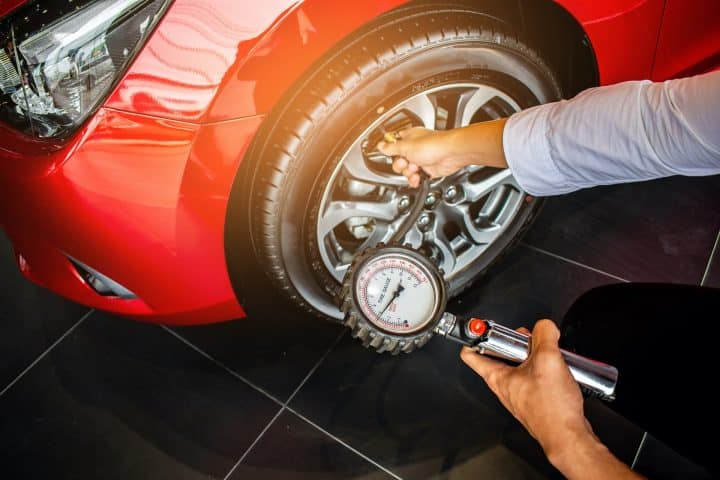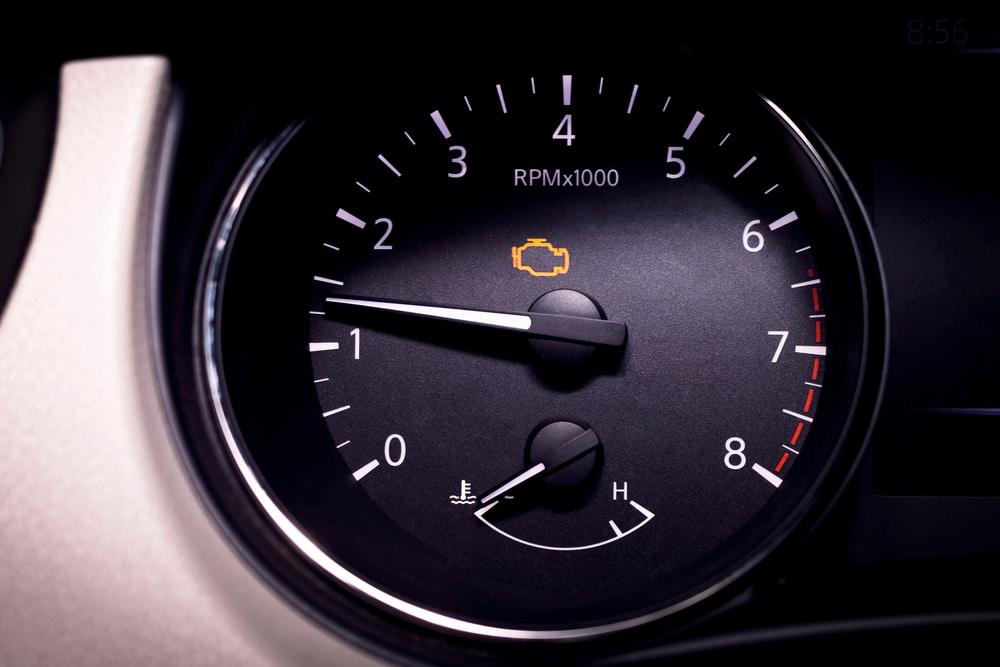You’ve bought that brand new or nearly new car. Now it’s time to make the most of it, and go on all those long drives you’ve been talking about – Cheddar to Ashwick, Alnmouth to Lindisfarne, and across the Pennines via Snake Path.
But, before knocking out the miles, it’s important to know how your car will perform, and what could go wrong at specific mileage milestones, as a way to pre-empt and prepare the best you can.
In this short article, we’ll take you through each of the important mileage milestones, including:
- 0 to 50,000 miles
- 50,000 miles
- 60,000 to 70,000 miles
- 80,000 to 100,000 miles
If you find the article helpful, please let other drivers know, so that they too can be prepared.
0 to 50,000 Miles
As long as you bought the car from a reputable dealer, your journey from 0 to 50,000 miles should be relatively trouble-free, but this is hugely dependent on three key factors, including:
- How you drive the car: Like any vehicle, the way you operate it will have an impact on its performance over time. As a general rule, this means going gentle on the clutch, keeping gear-changing smooth, taking it easy on corners, trying to avoid bumping up curbs, and not constantly running it low on fuel.
- How you maintain your car: This is about the maintenance and checks all car owners should carry out regularly, to ensure smooth running, including:- Keeping an eye on fluid levels, such as engine oil, coolant and brake fluid.
– Replacing worn tyres.
– Checking the battery for signs of deterioration, which might include dimmed lights, or a slower than normal turning over time. - How often you get your car serviced: In general, it’s recommended you get your car serviced once a year or every 10,000 miles, whichever comes first. There are many good reasons for this, but the two main reasons are safety and the prevention of future problems and unexpected expenses.
50,000 Miles
Once you reach the 50,000 mileage milestone, you’re still at a fairly low mileage, but the risk of things going wrong does increase. The main things to look out for are:
- Worn tyres: Especially if the car was initially fitted with budget, or part-worn tyres (something we would never recommend). If you do notice a significant amount of wear or uneven wear, it’s best to also get your steering and suspension checked out by a professional.
- Worn brake pads: Along with your tyres, your brakes are one of the most important safety features of your car, so if you notice you need to apply an unusual amount of pressure to the pedal to slow down or stop, you can feel grinding, or there is excessive noise, something’s wrong, and it’s probably to do with your brake pads being worn.
60,000 to 70,000 Miles
As long as you’ve driven sensibly and had the car regularly serviced by a good car servicing specialist, your car should still be running smoothly at the 60,000 to 70,000 mileage milestone.
But, a common issue for cars at this mileage milestone is the wearing out of the timing belt or cambelt. This is the belt that helps keep your camshaft and crankshaft in sync, and if it’s not replaced, may make the car harder to start, cause it to be noisier than usual, and could lead to oil leaks.
Engine gaskets also tend to wear at the 60,000 to 70,000 mileage milestone, so if you’ve noticed oil or coolant spots on the floor of your regular parking spot, visit your local car servicing expert to check it out.
80,000 to 100,000 Miles
Once you’ve reached the 80,000 to 100,000 mileage milestone, the chance of things going wrong significantly increases, but the most common of problems for most cars, include:
- Water pump failure: If you’ve noticed that your engine is running at a higher temperature, even though you keep it topped up with coolant, this could be a sign that your water pump is on its way out, so get it checked and replaced if necessary.
- Clutch wear: After 100,000 miles, even if you’re the most careful of drivers, you will notice your clutch isn’t as responsive, or is starting to slip. If you notice any of these symptoms, get it checked over before it fails completely.
- Fluid deterioration: At 80,000 to 100,000 miles the fluids not regularly changed in your vehicle, such as transmission, brake, and power-steering fluid, will start to deteriorate, and will need changing, for safety reasons, and to prevent damage to other components.
Conclusion
This article is only a general guide, and some of the issues mentioned may happen at an earlier or later mileage on your vehicle. So, whilst we don’t want to ruin your enjoyment of your car, regular servicing and maintenance is vital to ensure its safety and longevity.
Mechanic, Milton Keynes
If you’re looking for a mechanic in Milton Keynes or a mechanic close to Newport Pagnell, look no further than Quality Car Service, one of the area’s leading car servicing experts. With many years’ experience, a modern, fully-equipped workshop, and a team of highly experienced car servicing specialists, we have all you need to keep your car running at its best. Get in touch today.



